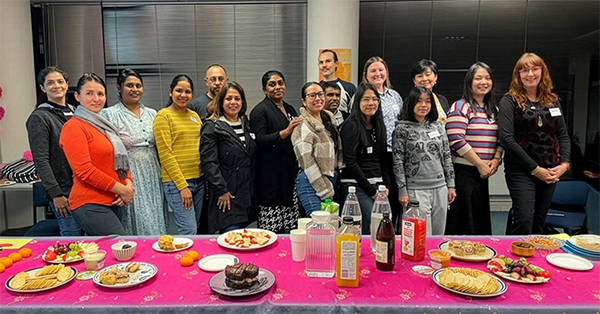“The true measure of any society can be found in how it treats its most vulnerable members.” Mahatma Gandhi.
In New Zealand, temporary migrant workers, including international students, are particularly vulnerable to exploitation.
The Minister of Immigration recently said, “We must do more to protect the 235,000 temporary migrant workers and international students who have come to New Zealand and are contributing to our economy and society. Exploiting workers not only harms a worker’s finances, health and wellbeing; it also undercuts other businesses who are dedicated to doing the right thing.”
To this end, the Government has started public consultation on this issue. The consultation document can be downloaded at https://www.mbie.govt.nz/have-your-say/temporary-migrant-worker-exploitation-review
The information below, about why migrants are vulnerable to exploitation, is a brief overview of the problem which negatively impacts the victims and New Zealand businesses and communities. As an organisation that works with newcomers, English Language Partners New Zealand encourages social service providers and community leaders to provide input to this consultation.
Temporary migrant workers, including international students, are particularly vulnerable to exploitation, as they may:
- be less aware of their employment rights than New Zealanders
- be from countries that have lower minimum employments standards
- be from countries that do not enforce minimum employment standards
- have limited English, and
- be unaware of how to report exploitation or leave exploitative employers.
Temporary migrant workers often work in industries or sectors where employers have had higher rates of non-compliance with minimum employment standards. Some of these sectors include retail, hospitality and horticulture.
It is hard to say how many temporary migrant workers are being exploited. The main reason for this is that temporary migrant workers fear losing their jobs or being deported if they report exploitation – and so they do not report.
The Government is proposing a mix of prevention, protection, and enforcement to address the problem. You have until the 27 November 2019 to have your say.


















